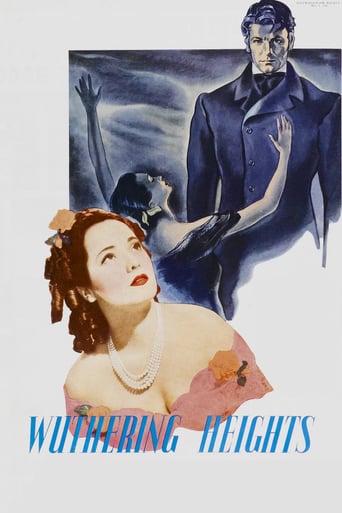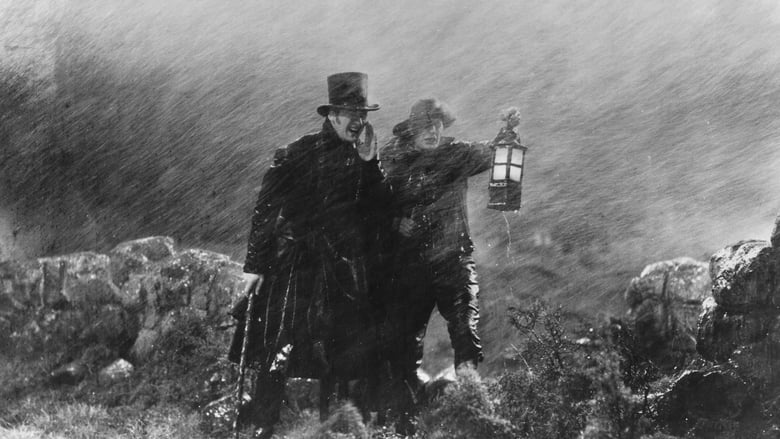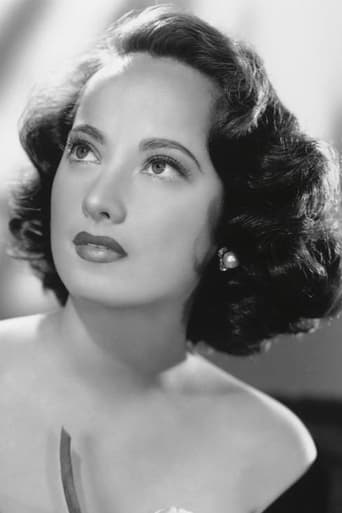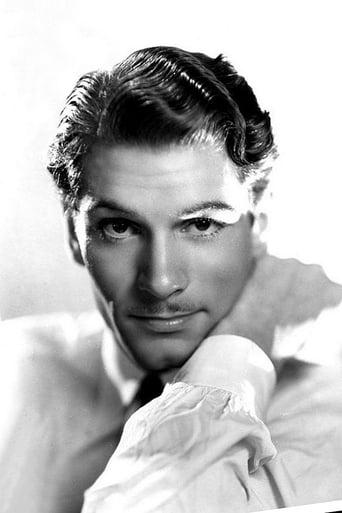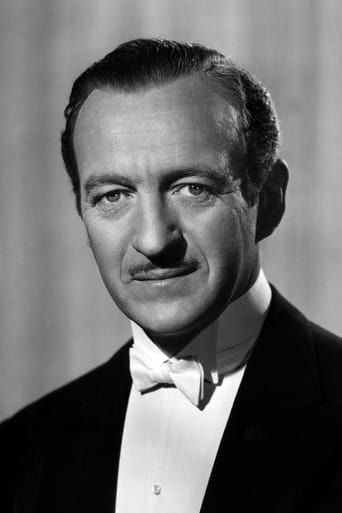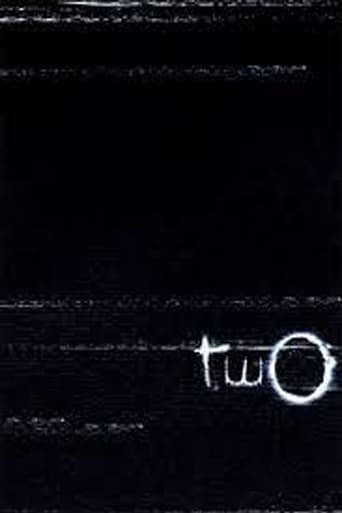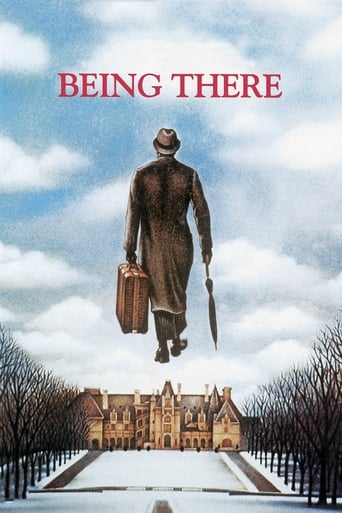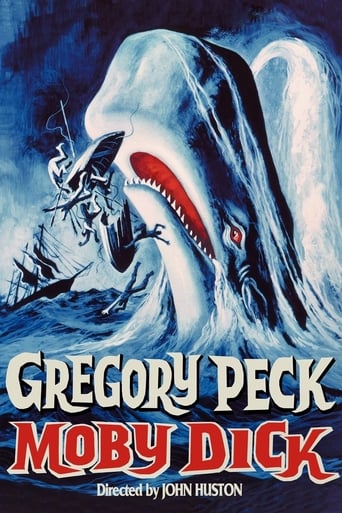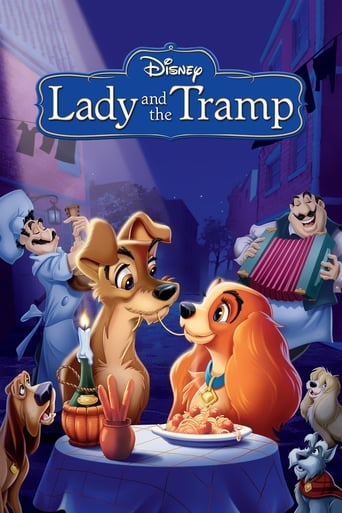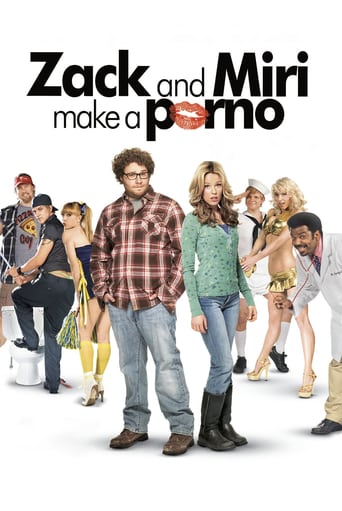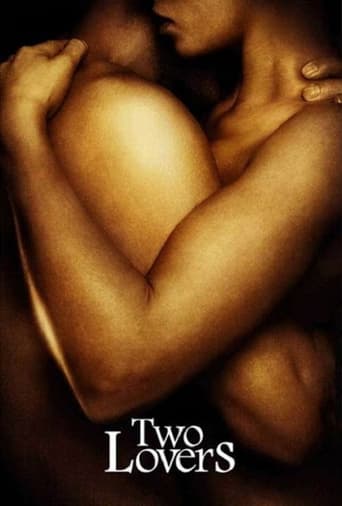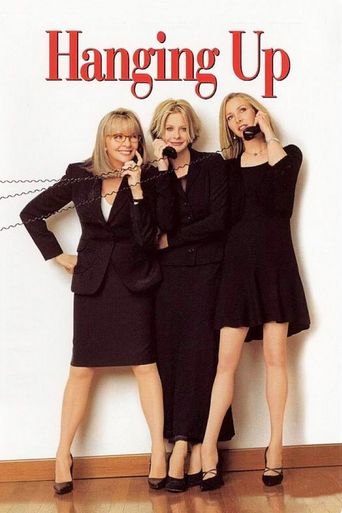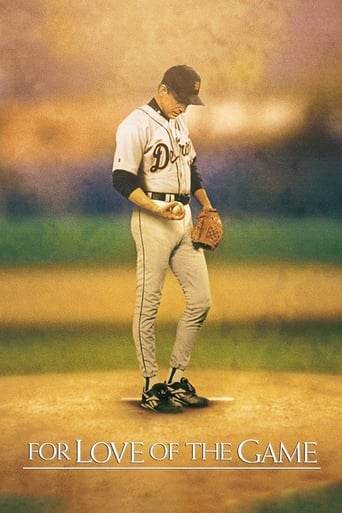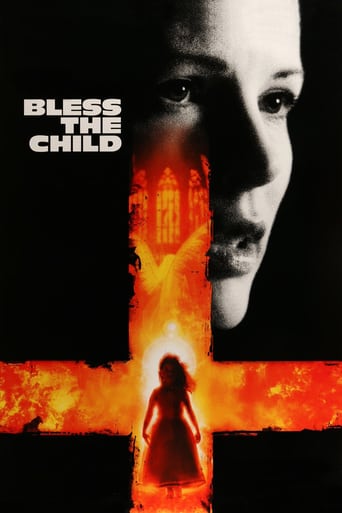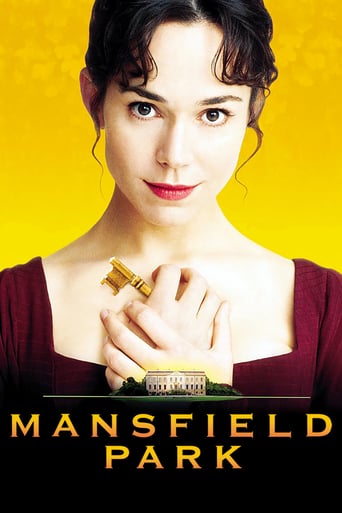Wuthering Heights (1939)
The Earnshaws are Yorkshire farmers during the early 19th Century. One day, Mr. Earnshaw returns from a trip to the city, bringing with him a ragged little boy called Heathcliff. Earnshaw's son, Hindley, resents the child, but Heathcliff becomes companion and soulmate to Hindley's sister, Catherine. After her parents die, Cathy and Heathcliff grow up wild and free on the moors and despite the continued enmity between Hindley and Heathcliff they're happy -- until Cathy meets Edgar Linton, the son of a wealthy neighbor.
Watch Trailer
Cast


Similar titles
Reviews
Purely Joyful Movie!
Beautiful, moving film.
It’s not bad or unwatchable but despite the amplitude of the spectacle, the end result is underwhelming.
This is a coming of age storyline that you've seen in one form or another for decades. It takes a truly unique voice to make yet another one worth watching.
I've seen one other version of Emily Bronte's classic novel, the 1970 one, and I was so terribly bored by it, I completely forgot the story afterwards. Watching the 1939 version was like watching a brand new movie, and while I'd had a couple of plot points spoiled for me, I was quite riveted.For those of you who don't know the classic story, it's a period piece set in the 1800s, about a woman's love for two men and two lifestyles. One man is Heathcliff, a low-class boy she's grown up with. He's wild and free, and when she's with him, she feels the innocence and endless possibilities of childhood. The other man is Edgar, wealthy and belonging to a class she's always longed to be a part of. Choosing Heathcliff means a life of poverty, and choosing Edgar means exchanging fantasy for reality. Who will Kathy choose?While Wuthering Heights was honored by eight nominations during the 1940 Oscar ceremony, it had the misfortune to come out during the same year as Gone with the Wind, so it only walked away with one. While not compared to the great American epic, this is a very good and well crafted film. All the actors give their all and truly embody their characters, which is quite a feat since they've been seen in many, many other roles, so you could easily think, "Oh, that's Laurence Olivier!" or "Oh, that's the wife in 10 North Frederick!" Instead, they are Heathcliff, Isabella, Edgar, and Kathy. For Laurence Olivier fans, this is a must-see. Not only does he show off his fantastic, brooding acting chops, but he looks extremely handsome in this one, too! It's a very tough decision between him and David Niven-in a rare appearance without his mustache. The ladies particularly shine in this movie. Merle Oberon reminded me of Kate Winslet in her spot-on fickle portrayal of Kathy, and while she might seem irrationally cold at first, when she puts on the tears, you won't be able to contain your own. Geraldine Fitzgerald is fantastic and heartbreaking; after this film, I don't see how she was ever cast in a villainous role.If you've never seen a film version of Wuthering Heights, this is an excellent one to start with. And if you're not sure whether or not you'll like the story, here's a helpful hint. If you liked Pride and Prejudice but could stand with a little more gravitas to the story, you'll like Wuthering Heights.
1939 period drama based on Emily Bronte's classic novel which tells the tragic tale of unfortunate lovers Heathcliff (Laurence Olivier) and Cathy (Merle Oberon) who, despite their strong love for one another are forced by social circumstances to forever be apart. Meeting for the first time as children; when Cathy's father (Donald Crisp) brings young abandoned boy to live in their country estate. However; years later after their father has passed away, Cathy's brother (Hugh Williams) who has inherited his father's title forces Heathcliff from their home. Now working as a stable boy, the class divide seems even wider and Cathy marries a wealthy neighbour (David Niven) forcing Heathcliff to leave heartbroken. However, he returns years later a different man given a change in his circumstances, but is it all now too late for he and Cathy to be together?The cold grey image of a lone traveler caught in the snowy weather, traversing the Yorkshire Moor's as he makes his way wearily to the estate of Wuthering heights, immediately captures the grim nature of director William Wyler's melodramatic drama. His relief at finding sanctuary is contrasted starkly by the brusque demeanour of his reluctant host who introduces himself as Heathcliff. It's an effective moment which subtly punctuates the foreboding behind a tale which first impressions would deceptively indicate to be a haunting ghost story. As he later peers out a window in the early hours of the morning, Lockwood (Miles Mander) believe himself to to have seen the ghostly apparition of a woman calling; " "Heathcliff, let me in! I'm out on the moors. It's Cathy!" Deceptive it may be but it serves as the impetus which provokes his distraught host to run in to the snowstorm on hearing of what his startled guest has witnessed, and for devoted housekeeper Ellen (Flora Robson) to recount to Lockwood the tragic story that has led Heathcliff to where he is now. Generally regarded as the definitive cinematic retelling of Emily Bronte's sole novel as an author, it was indeed controversial at the time of it's publication with it's themes of mental and emotional cruelty, none of which has been lost in it's translation from book to screen. It also shone a light on the hypocrisy's of then contemporary, 19th century mores which religious hypocrisy, morality, social classes and gender inequality, although certain aspects of this would have been watered down to appease 1930's sensibilities which were still fundamentally conservative by today's standards. What has not been diminished however is the raw power behind Bronte's work as it was brought effectively to life by director William Wyler, who's later screen credits would include; Roman Holiday and the multi-oscar winning epic; Ben Hur. With Heathcliff you have a bold romantic lead who's melancholic early life would hint that he was destined to be damned forever in his pitiful existence. A forlorn figure who is taken From the streets of Liverpool by Mr. Henshaw who he brings home to his two offspring, the sweet and kindly Cathy and the spirited, rambunctious Hindley, the early seeds of the changing dynamic between the wretched urchin and his faux-siblings. The feelings of an instant bond between Heathcliff and Cathy which is juxtaposed by the bitter resentment harbored by Hindley today's his adoptive brother are keenly realized. It adds a crucial element which drives the plot in adulthood which Bronte artfully composed and Wyler successfully brings to life.; particularly so in adulthood after Mr. Henshaw passes away leaving his genuine son to inherit the mantle of master of Wuthering Heights.The burning resentment that Hindley has for Heathcliff; and inevitable vice versa truly adds a pivotal component to the character of the former street urchin which, as it does Cathy. The burning passion between she and the young man who her father once brought home with him years ago as a child; but there is an undercurrent of uncertainty in the validity of their relationship which Merle Oberon conveys with controlled subtlety. There is however a gloomy, downcast ambience to the backdrop of the Yorkshire Moors where the young lovers where the young lovers run away to on their romantic trysts. It has has an air of foreboding that contrasts the burning desire that each have for one another, as if acting as a portents of things to come. After all, when is all said and done both are deeply flawed characters, and one would dare to say they prove themselves to be thoroughly immoral individuals. Cathy eventually marrying the wealthy Edgar Linton (David Niven), a man of wealth and good breeding with her true feelings for him always at best being regarded as ambiguous at best. As much as she loves him there's an underlining air of snobbery about Cathy which brings in to question the legitimacy of the choice that she has made and cruelly critical over Heathcliff's scruffy appearance, saying; "Look at you, you get worse everyday. Dirty and unkempt, and in rags". Heathcliff on the other hand is a thoroughly embittered figure, frustrated by his imposed station in life, not least of all because of the wedge it drives between he and the woman he adores. It's an attitude that rears it's ugly head in the latter part of the film after his departure from Wuthering Heights following Cathy's marriage. The impact of the choices they make are sorely felt and are magnified 10 fold by the powerful performances by David Niven who brings an air of quiet nobility and dignity to Linton, with Geraldine Fitzgerald equally effective, for reasons I won't go in to as his naive sister Isabella. The rest of the supporting cast are also of the highest calibre delivering performances which are very much commendable. However, the film ultimately belongs to both Oliver and Oberon with the former making for a magnetic screen presence as the roguish Heathcliff, capturing the dual nature of his dark conflicted personality masterfully. The latter is nothing if not a noteworthy foil, with the smoldering passion in her performance has complimented admirably by his own. To it's detriment however, modern audiences might not generally take to the film as others might. It's 1930's melodramatic handling of the source material arguably would not be quite so palatable today as it was nearly eighty years ago. And what should have been a justifiably downbeat climax is somewhat undermined by it's slightly more uplifting final shot. Never the less, William Wyler's rendering of the Bronte's magnum opus is still a predominantly engaging melodrama despite it's shortcomings. It may have lost something in age which won't be appreciated by contemporary audiences but more hardcore admirers of cinema will likely find something within it to savor.
The film is based on a pretty strange story. The scenario includes the first part of the story. WUTHERING HEIGHTS is a very serious drama imbued with painful romance and class topics. The atmosphere is extremely dark. I think that is an ambitious stage design pretty successful. About playing the most talked about and probably have "experiences" with sets contributed to the gloomy atmosphere. The film has love, but it is somehow wildly passionate and overlaps with contempt and hatred.Laurence Olivier as Heathcliff was not up to the role. However, his resistance and attitude are the direct perpetrators of his excellent performance. It was dark and ferocious character, described as a demon and ghoul. Olivier's performance is quite convincing. Heathcliff truly loves and exerts wild emotion. I personally was an impressive transition from gentle passion in violent. Hatred in the absence of love is manifested to all.Merle Oberon as Catherine Earnshaw Linton is a restless girl who must choose between wild love and class. She is able to give his heart, but also to break someone else's. It is perhaps a little selfish. She lived with the knowledge that her love depraved, and as such it lacks.Lintons are good characters and victims of tragic destiny. Niven and Fitzgerald are competent in their performances. Flora Robson as Ellen Dean is flawless in a supporting role. The film is an ambitious and ultimately good. The director's in dark atmosphere added elements of psychological horror, foreboding and tension. The tragic climax was inevitable. The plot is a bit slow and very depressed. Definitely gloomy experience.
One of the reasons why a classic becomes a classic is that it withstands the test of time. William Wyler's version of the Bronte classic has its awkward moments: Merle Oberon overacts fearfully as Cathy, while Olivier is sometimes a little too mannered as Heathcliff. But the film as a whole is a masterpiece of storytelling: Ben Hecht and Charles MacArthur's script captures the passion at the heart of the novel, and how it eventually destroys Cathy, despite every effort of her husband Edgar (David Niven) to provide a good life for her. The script also emphasizes the fundamental conflict in Cathy's character between the desire to give in to her passions and her desire for social respectability, that prompts her to choose Edgar over Heathcliff. William Wyler's direction is both unobtrusive yet subtle; he creates a series of leitmotifs running throughout the film to emphasize its preoccupation with social divisions - for example, the shots of Heathcliff's dirty hands contrasting with Cathy's milk-white hands as she embraces him, and Edgar's hands encased in pristine white gloves. There is also the use of windows to symbolize imprisonment, as well as the world of social respectability that proves inaccessible to Heathcliff, however much money he acquires. There is also the "castle" - actually a ruined structure on the moors, but for Cathy and Heathcliff it is both a refuge and a place where they can fulfill their fantasies of being a knight in shining armor and a damsel in distress. Throughout their lives, it reminds them of what might have been, had they not been constrained by the social world of respectability symbolized by Edgar and Hindley (a gloriously over-the-top performance by Hugh Williams). With lush deep-focus photography by Wyler's regular collaborator Gregg Toland, emphasizing the spatial relationships between the characters, WUTHERING HEIGHTS is a supreme example of Hollywood film-making at its best; it's by far the most superior of any of the cinematic versions of the Bronte novel.

